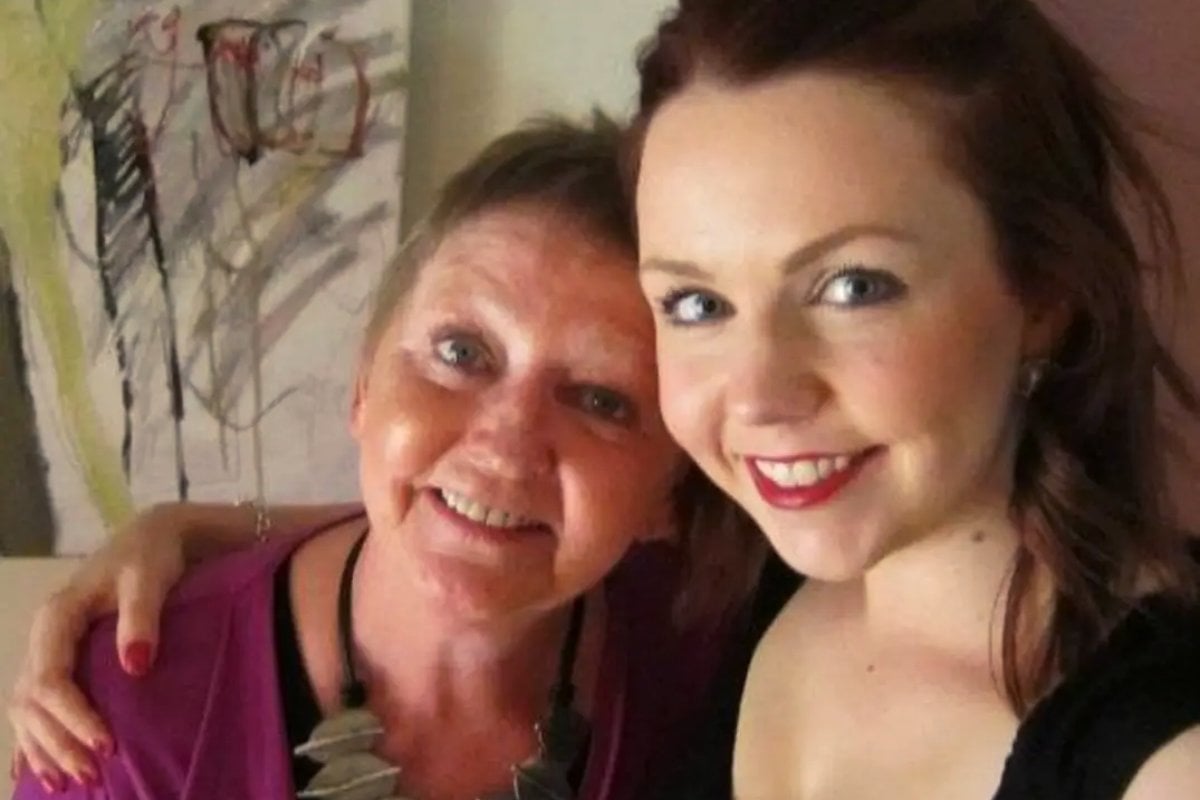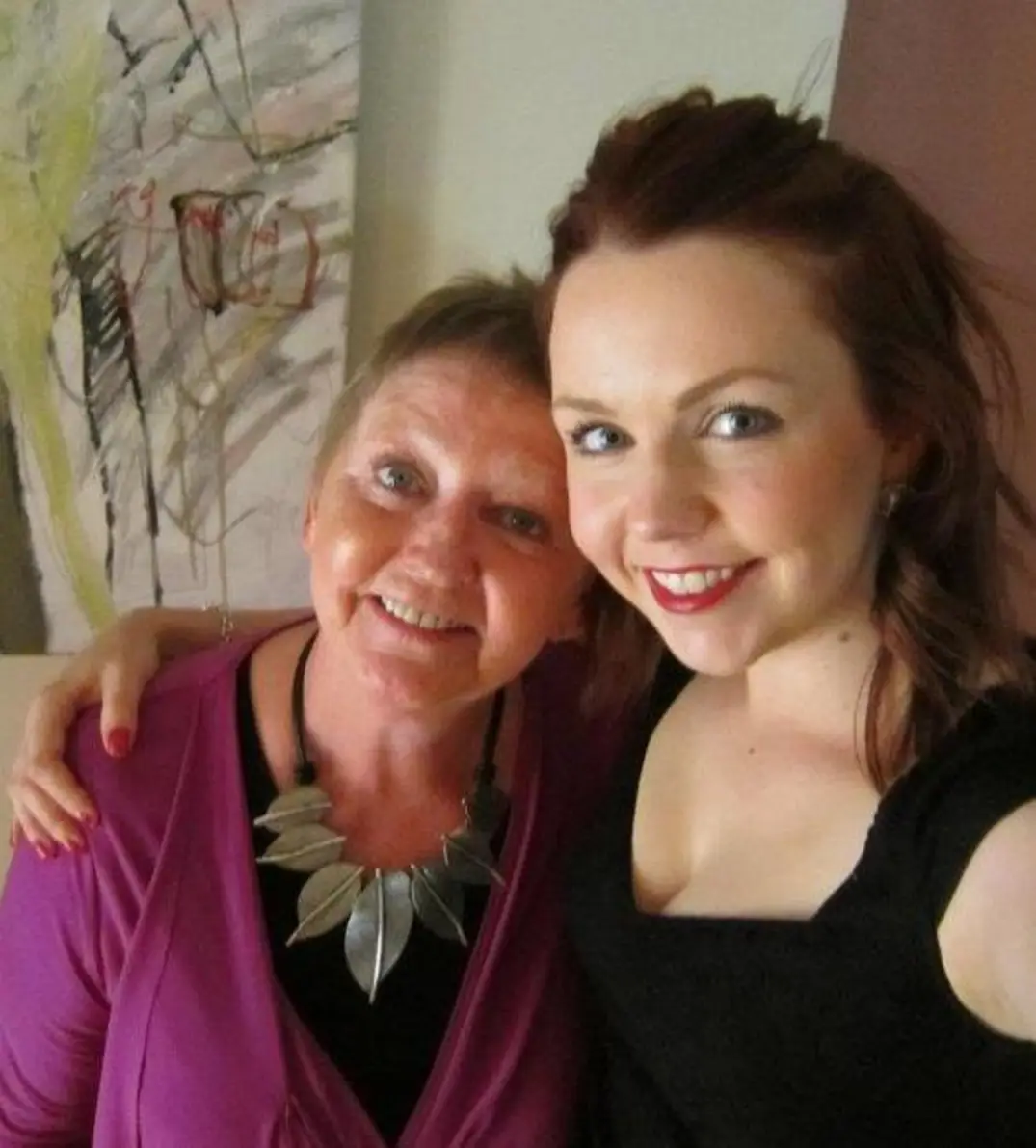
I had my last conversation with my mum and didn't know it. I can’t even remember it. I remember one of the last conversations — proper conversations before she was slipping in and out — she asked me what I was thinking about doing after my PhD. What she was actually asking was what I am going to do with my life after she dies.
"I’m thinking a lot about moving overseas," I say.
"I thought you might do that."
I don't know why she thought that — I've never had any desire to live abroad. Perhaps she realised that there's nothing here for me. Perhaps she thought that the emptiness that comes from having no family would be felt less if I was abroad. Maybe that's just what I think.
Mum's had cancer for a couple of years. She had a fall a couple of months ago; she had to go into hospital. I changed her sheets, so they were fresh when she'd come home. I didn't know she wasn't coming home. I washed away her smell. When she dies and I want to lie in her bed and in her sheets and smell all that is left of her I won't be able to because I washed it away. I just thought she would want fresh sheets.
 Image: Supplied.
Image: Supplied.Mum's still alive. Well, her body is. But Mum is gone. Mostly. She has moments where I can see her. The attitude she only ever shows with me — the attitude that I love but that others would mistake as rude — that attitude still comes through at times. She can't really speak, but I can see flickers of it in her facial expressions and in her mannerisms. I know her well. I can sense her mood before she looks at me. Her moods aren't always pleasant. I love them anyway.
When my brother was alive, his manic pacing, and his inability to do anything quietly, his episodes through the night — I hated these things. When my brother died, I pined for the pacing, the silence was deafening, and my nights were empty. I couldn't sleep because the house was so quiet.


